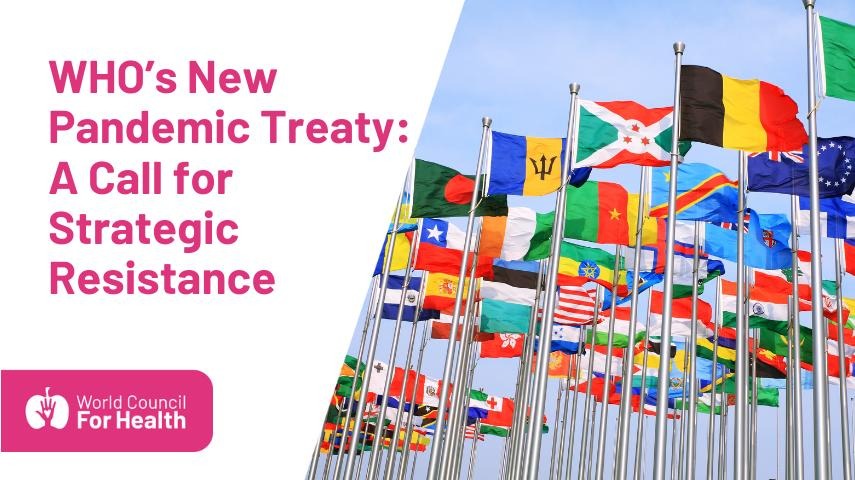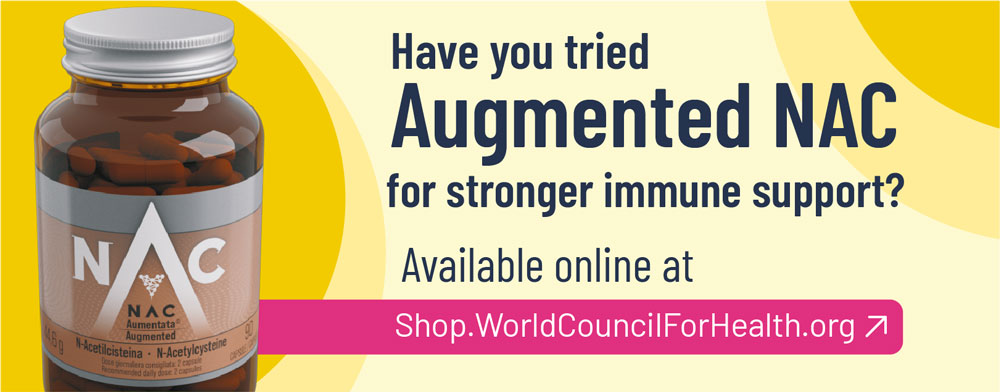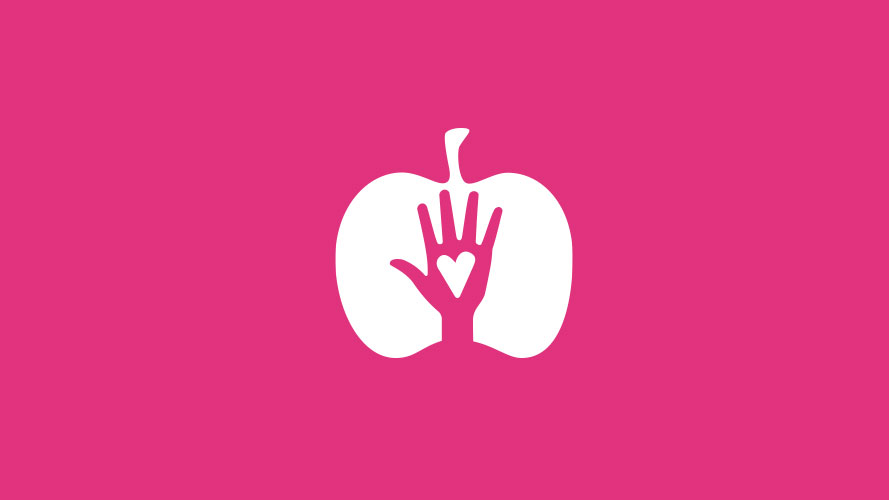By Shabnam Palesa Mohamed. Law and Activism Committee Coordinator, World Council for Health
In May 2025, the World Health Assembly adopted an international pandemic treaty aimed at coordinating international responses to future health emergencies. While the treaty promises cooperation, transparency, and preparedness, it also raises profound concerns about national sovereignty, corporate influence, and the potential erosion of democratic control over health policies. In this article, we explore ratification.
What Is the Pandemic Treaty?
The treaty purportedly seeks to establish a legally binding framework for countries to share information, resources, and coordinate responses during future pandemics. It includes provisions for controversial early detection, risky data sharing, profitable equitable access to vaccines and medicines, and hegemonic coordination under the World Health Organization (WHO). However, some of the most contentious parts relate to pathogen access and benefit sharing (PABS), intellectual property rights, and the powers granted to WHO during health emergencies.
Ratification: What It Means and Why It Matters
For the treaty to become effective, at least 60 countries must ratify it — a process by which countries formally agree to be legally bound by its terms. Ratification typically involves domestic review, legislative approval, and sometimes public debate, depending on the country’s legal framework.
According to Article 33 of the treaty, it will enter into force 30 days after the 60th country deposits its ratification or acceptance document with the WHO Depositary. However, the treaty’s implementation is also contingent on finalizing key annexes like PABS, expected to be negotiated at the 79th World Health Assembly in 2026. Without these, the treaty’s full scope remains uncertain.
Who Abstained — And Why?
Of the 135 countries participating, 124 voted in favor, while 11 abstained. Countries abstaining include Iran, Russia, Slovakia, Paraguay, Bulgaria, Egypt, the Netherlands, Jamaica, Italy, Poland and Israel.
Their reasons varied — many cited ongoing domestic legal reviews, concerns about vague treaty language, insufficient protection of national sovereignty, and lack of clarity on intellectual property rights or financial obligations. These abstentions signal that even within the international institutional health community, doubts persist about the treaty’s implications.
Why You Should Be Concerned
This treaty centralizes unprecedented power in the WHO and, by extension, international health bureaucracies and pharmaceutical interests. Critics warn it risks prioritizing corporate profits and international governance over individual nations’ ability to control their health policies.
Concerns include:
- Erosion of national sovereignty: WHO could direct health measures that override local laws.
- Lack of transparency and accountability: The treaty allows rapid decision-making with limited public oversight.
- Favoring pharmaceutical monopolies: Intellectual property rules may limit generic access to medicines.
- Surveillance and data control: Expanded powers for data sharing risk privacy violations.
- international enforcement mechanisms: Possibility of sanctions or penalties against countries that fail to comply.
Strategies to Resist Ratification
To protect democratic control over health policies, it is crucial that civil society and national parliaments oppose ratification of this treaty until these concerns are meaningfully addressed.
Effective resistance strategies include:
- Demand transparent public debate and parliamentary scrutiny before any ratification.
- Expose the corporate interests behind the treaty, including pharmaceutical lobbying.
- Build public awareness about how this treaty could impact healthcare access and personal freedoms.
- Lobby governments to delay or reject ratification until the PABS annex and other critical provisions ensure fairness and sovereignty.
- Foster international solidarity among countries refusing or delaying ratification to increase pressure on WHO.
- Engage media, lawyers, health workers, and activists to challenge the treaty in public forums and courts if necessary.
The Bottom Line
The WHO Pandemic Treaty is not a neutral public health tool — it is a political instrument with potentially far-reaching consequences. Framed in the language of preparedness, it could facilitate corporate control, normalize surveillance, and erode the rights of people and nations to determine their own health policies.
It’s not too late to act.
With ratification not expected until 2026, civil society must seize this moment to hold governments accountable, demand fairness and transparency, and ensure that health governance serves people — not power.
The treaty will only enter into force when at least 60 countries ratify it, currently expected no earlier than 2026 once the key annexes are finalized. Until then, there is a window to resist ratification nationally and push for a health and wellbeing paradigm that truly serves the public interest — not corporate or bureaucratic control.
What do you think? How should countries protect their sovereignty and people advance their health and well-being independently?
Find out about WCH Country Councils here: https://www.worldcouncilforhealth.org/country-councils/
Resources:
Legal Brief: Preventing The Abuse of States of Emergency
Why Does the WHO Threaten Country Delegates?
Which Countries Tend to Oppose Globalist Control?
Politicians Can No Longer Claim Ignorance of the WHO Power Grab








